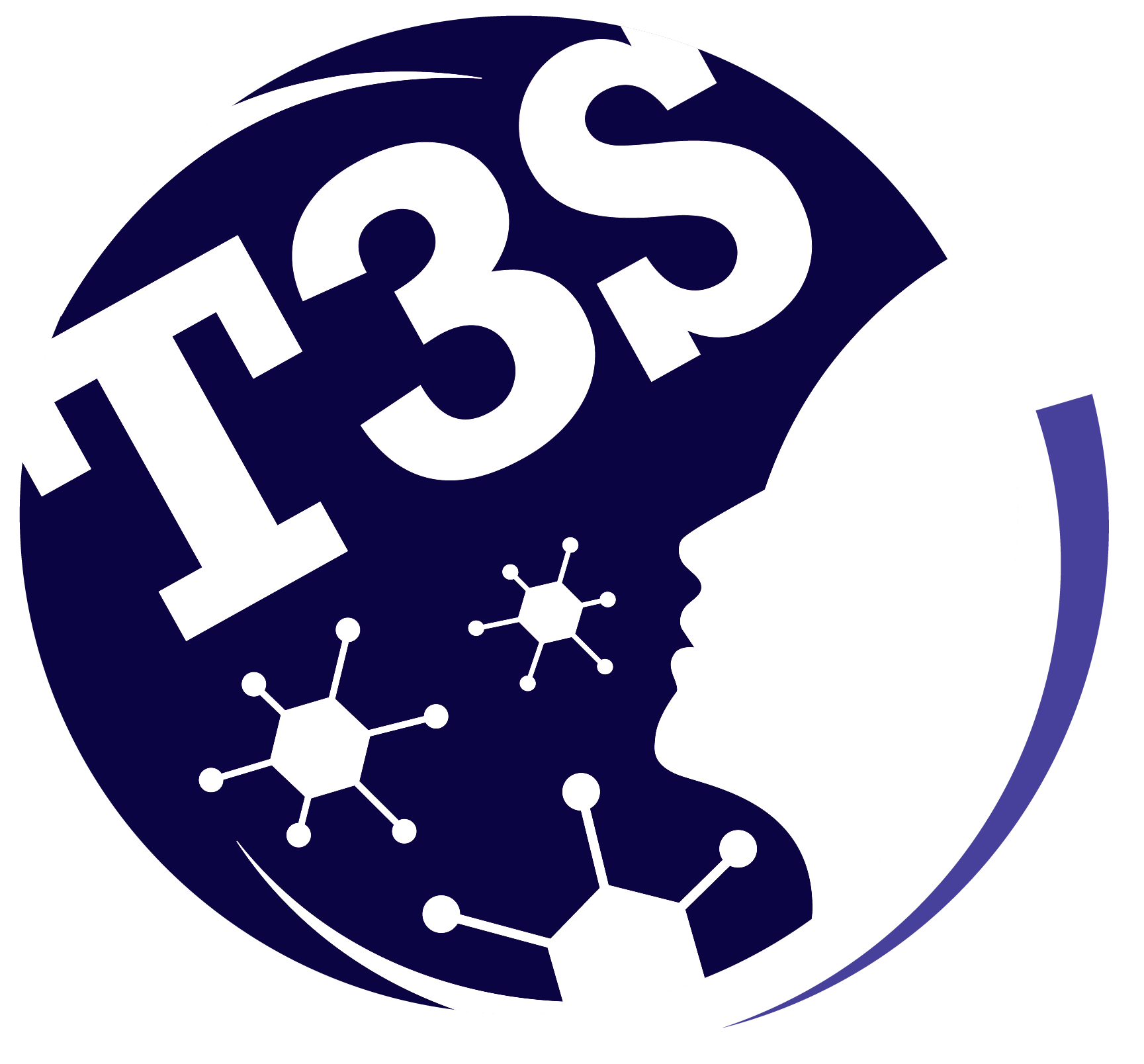
T3S-1124 - UMR-S 1124
Université de Paris
Campus Saint-Germain-des-Près
45 rue des Saints Pères
75270 Paris Cedex 06
Fax : +33 (0) 1 42 86 38 68
Philippe Lopes
(alumni since 2020)
Lecturer
Degeneration and plasticity of the locomotor system
philippe.lopes@-Code to remove to avoid SPAM-u-paris.fr
+33 1 42 86 21 53, room H330
Philippe Lopes is an Associate Professor in Exercise Physiology at the University of Evry. He has worked for several years on the effects of exercise on the autonomic nervous system in elite sports subjects and in primary and secondary prevention of cardiovascular disease. More recently, he has focused his activity on the effects of exercise on the cardiovascular and autonomic nervous systems in neurodegenerative diseases including spinal muscular atrophy (SMA) and amyotrophic lateral scoliosis (ALS) within the Neuromuscular Degeneration and Plasticity team at Paris Descartes University. He is also the head of the Sport and Exercise Science Department at the University of Evry.
After graduating with a BA Honours degree in Sports and Exercise Science from the University of Ulster in Belfast, Philippe Lopes obtained his Ph.D. in Exercise Physiology from the same University (1988). His research examined the influence of respiratory frequency and tidal volume on cardiac rhythm as well as the relationships between coronary heart disease risk factors, physical activity and cardiac vagal tone. After several teaching and research positions at universities in Wales (University of Aberystwyth) and England (University of Brighton and East London), he returned to France in 2004 as an Associate Professor and joined Frederic Charbonnier’s Neuromuscular Degeneration and Plasticity team.
His activity has focused on the effects of exercise on the cardiovascular and autonomic nervous systems in neurodegenerative diseases including spinal muscular atrophy (SMA) and amyotrophic lateral scoliosis (ALS). Some of his work in association with Olivier Biondi has demonstrated severe cardiac defects in type 2 SMA-like mice including (1) a dramatic alteration of intrinsic cardiac conduction associated with bradycardia; (2) a severe cardiomyopathy associated with extensive ventricular fibrosis; and (3) a delay in cardiac muscle maturation associated with contractile protein expression defects. Interestingly, physical exercise provided many benefits, including the reduction of the cardiac protein expression defect, the reduction of fibrosis, the increase in cardiac electrical conduction velocity, and the drastic reduction in bradycardia and arrhythmias which resulted in the partial restoration of the cardiac function in SMA-like mice.
Recent Publications
Articles
- Long-term exercise-specific neuroprotection in Spinal Muscular Atrophy-like mice.
Chali F, Desseille C, Houdebine L, Benoit E, Rouquet T, Bariohay B, Lopes P, Branchu J, Gaspera BD, Pariset C, Chanoine C, Charbonnier F, Biondi O : J Physiol, 2016 - Resistance strength training exercise in children with spinal muscular atrophy.
Lewelt A, Krosschell KJ, Stoddard GJ, Weng C, Xue M, Marcus RL, Gappmaier E, Viollet L, Johnson BA, White AT, Viazzo-Trussell D, Lopes P, Lane RH, Carey JC, Swoboda KJ : Muscle Nerve, 2015 - IGF-1R Reduction Triggers Neuroprotective Signaling Pathways in Spinal Muscular Atrophy Mice.
Biondi O, Branchu J, Ben Salah A, Houdebine L, Bertin L, Chali F, Desseille C, Weill L, Sanchez G, Lancelin C, Aïd S, Lopes P, Pariset C, Lécolle S, Côté J, Holzenberger M, Chanoine C, Massaad C, Charbonnier F : J Neurosci, 2015 - Shift from extracellular signal-regulated kinase to AKT/cAMP response element-binding protein pathway increases survival-motor-neuron expression in spinal-muscular-atrophy-like mice and patient cells.
Branchu J, Biondi O, Chali F, Collin T, Leroy F, Mamchaoui K, Makoukji J, Pariset C, Lopes P, Massaad C, Chanoine C, Charbonnier F : J Neurosci, 2013 - Para-Cycling Performance was Rather Limited by Physiological than Functional Factors.
Leprêtre PM, Weissland T, Slawinski J, Lopes P : Front Physiol, 2012 - Physical exercise reduces cardiac defects in type 2 spinal muscular atrophy-like mice.
Biondi O, Lopes P, Desseille C, Branchu J, Chali F, Salah AB, Pariset C, Chanoine C, Charbonnier F : J Physiol, 2012 - Changes in cardiac tone regulation with fatigue after supra-maximal running exercise.
Leprêtre PM, Lopes P, Thomas C, Hanon C : ScientificWorldJournal, 2011 - In vivo NMDA receptor activation accelerates motor unit maturation, protects spinal motor neurons, and enhances SMN2 gene expression in severe spinal muscular atrophy mice.
Biondi O, Branchu J, Sanchez G, Lancelin C, Deforges S, Lopes P, Pariset C, Lécolle S, Côté J, Chanoine C, Charbonnier F : J Neurosci, 2010 - In vivo NMDA receptor activation accelerates motor unit maturation, protects spinal motor neurons, and enhances SMN2 gene expression in severe spinal muscular atrophy mice.
Biondi O, Branchu J, Sanchez G, Lancelin C, Deforges S, Lopes P, Pariset C, Lécolle S, Côté J, Chanoine C, Charbonnier F : J Neurosci, 2010 - Motoneuron survival is promoted by specific exercise in a mouse model of amyotrophic lateral sclerosis.
Deforges S, Branchu J, Biondi O, Grondard C, Pariset C, Lécolle S, Lopes P, Vidal PP, Chanoine C, Charbonnier F : J Physiol, 2009 - Exercise-induced modulation of calcineurin activity parallels the time course of myofibre transitions.
Grondard C, Biondi O, Pariset C, Lopes P, Deforges S, Lécolle S, Gaspera BD, Gallien CL, Chanoine C, Charbonnier F : J Cell Physiol, 2008 - Exercise-induced activation of NMDA receptor promotes motor unit development and survival in a type 2 spinal muscular atrophy model mouse.
Biondi O, Grondard C, Lécolle S, Deforges S, Pariset C, Lopes P, Cifuentes-Diaz C, Li H, della Gaspera B, Chanoine C, Charbonnier F : J Neurosci, 2008

